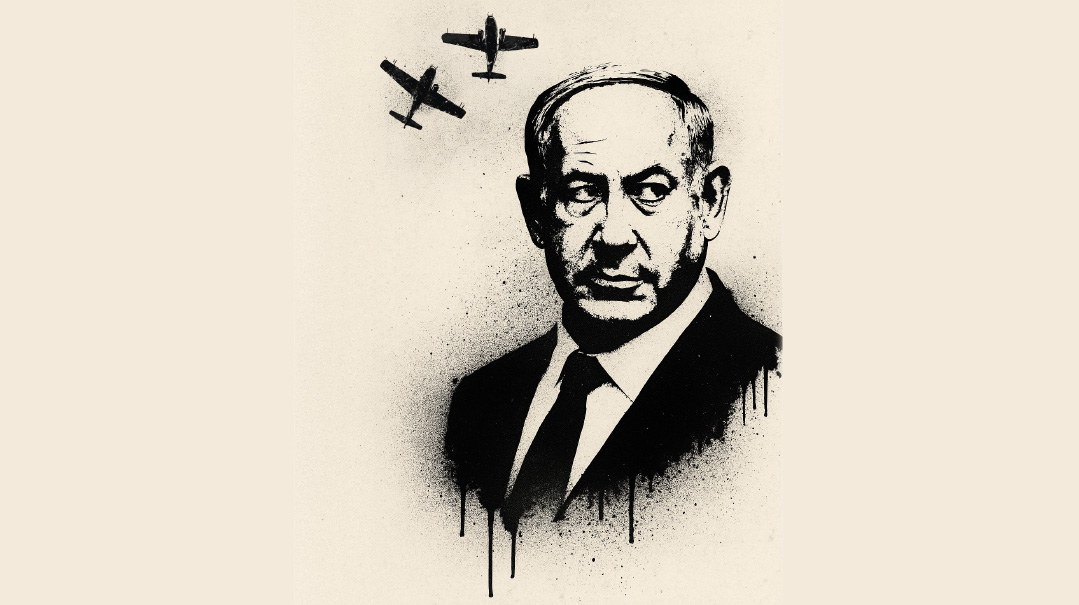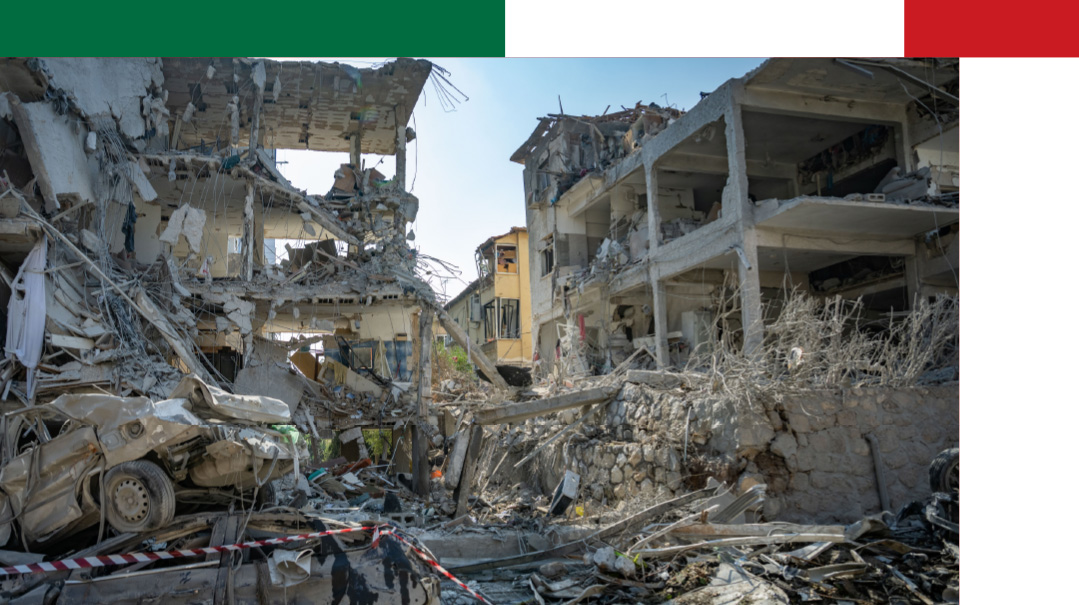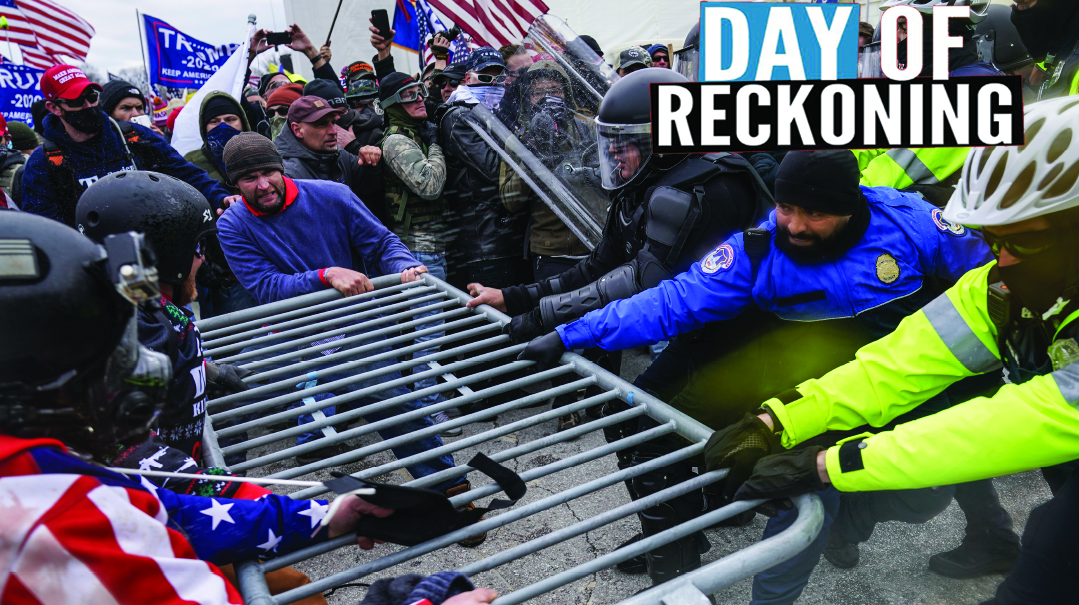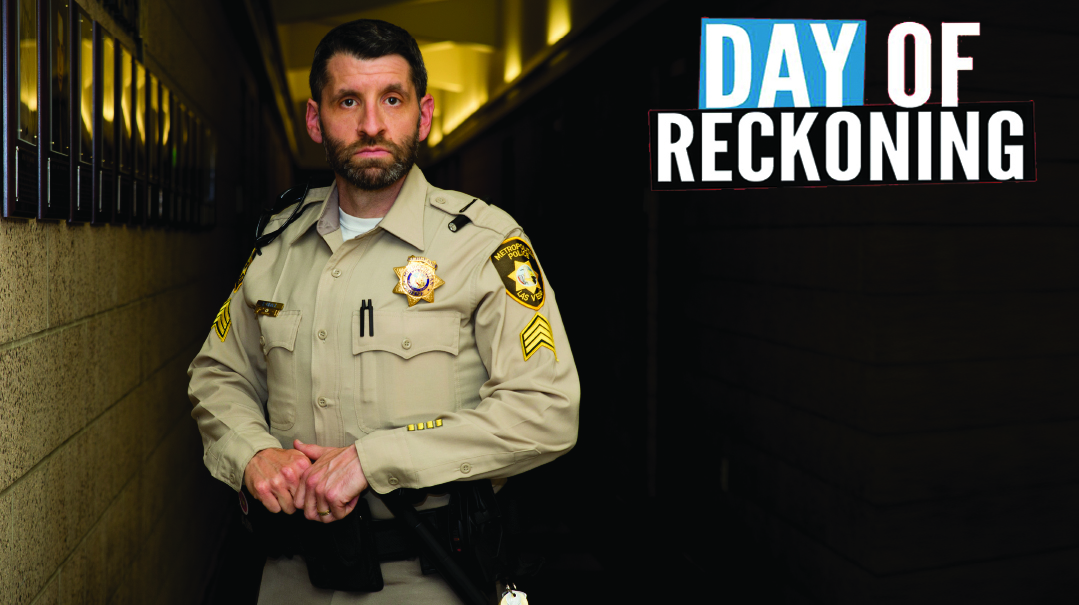410 Plates and Infinite Hearts
| June 17, 2025Thousands find home far from home
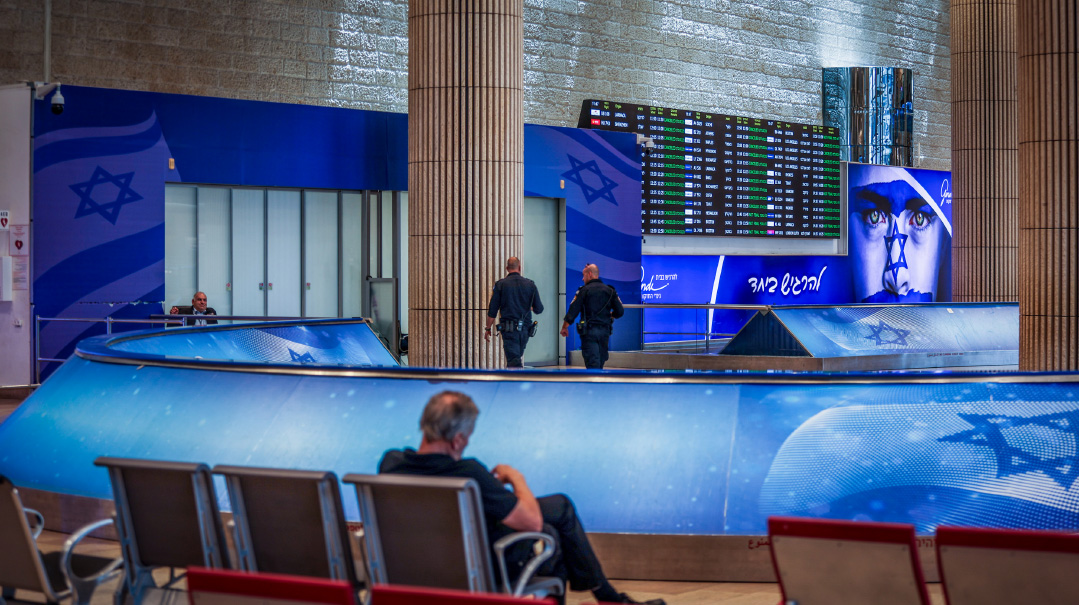
AS Iran and Israel exchanged fire in the latest chapter of their ongoing war, commercial planes were forced to make alternate landing plans as Ben Gurion Airport abruptly shut down. On the ground, Israelis were bracing for incoming rockets; in the sky, hundreds of passengers, some just minutes from touchdown, were diverted to unexpected layovers in Cyprus, Greece, and even Rome. What began as panic and confusion quickly evolved into a story of improvisation, resilience and cross-continental community.
“I was 20 minutes from landing,” Hillel Kamionski, a resident of Ramat Beit Shemesh who travels to the US every few weeks for work, recalled. “We had already descended lower than 10,000 feet. Then suddenly, the plane turned north as we were rerouted to Larnaca, Cyprus. That’s how it began.”
At Larnaca, the local Chabad House, headed by Chief Rabbi Arie Zeev Raskin, was instantly thrust into crisis mode. “We usually host 70–100 people for Shabbos,” a volunteer explained. “But by Friday morning, we were expecting over 400.”
They weren’t exaggerating. Rabbi Raskin and his team somehow managed to provide 410 Shabbos meals with barely a day’s notice. Kosher meat was sourced from Europe, bakeries worked overtime, and guests were asked to register. Even those who didn’t sign up were warmly welcomed and given to eat.
The atmosphere was electric. Among those stranded was Rav Ezriel Auerbach, who was returning from the US after participating in the Adirei HaTorah event last week. The posek ended up giving divrei Torah and inspiring impromptu study sessions with Jews who otherwise weren’t likely to have shared as much as a nod. “Rav Auerbach is a real Yerushalmi rav,” Hillel Kamionski says. “And he’s spending Shabbos with Jews who are affiliated and unaffiliated. He was even having a shakla v’tarya with a Hawaiian kid wearing a blue shirt for Shabbos, who was asking great questions.”
One attendee described the scene vividly: “You saw Jews of all stripes — chayalim, datiim, chilonim – holding hands and singing. The ruach, the unity… It felt like a glimpse of me’in Olam Haba, a Shabbos of achdus.”
One poignant encounter involved a local Chabadnik, whose brother, a 24-year-old IDF soldier, had been killed in Gaza. His parents were in the US for a hachnassas Sefer Torah in memory of his brother. The parents’ flight happened to be rerouted to Cyprus, and they unexpectedly ended up spending Shabbos with their son.
Over in Greece, Chabad Houses in cities like Athens, Mykonos, and Rhodes experienced similar Shabbos surges. Hotels and Airbnbs across these resort islands filled up with stranded Israelis, many arriving without luggage, kosher food, or even a sense of what was happening.
“We had more than 400 people,” said Rabbi Mendel Hendel of Chabad of Athens. “This wasn’t the most we’ve ever hosted,” he clarified, “but definitely the most on such short notice. On Friday morning, when we saw how things were developing, we brought in more challos, more food, and baruch Hashem we had an amazing Shabbos. People were stuck here and they didn’t know what to expect and it was really unique.”
Shabbos arrived, and with it came calm. Singing. Davening. Joy.
“Everything happens for a reason,” Rabbi Hendel told those gathered. He told over a story of his grandmother, Rebbetzin Miriam Popack, who was involved in the N’shei Chabad women’s organization. “Every year they had a convention in a different state. One year in the late ’60s, the convention was in Michigan. There was a huge snowstorm and the airport was closed. She was hoping to get back home to spend Shabbos with her family so she called the Rebbe and told Reb Binyomin Klein, the Rebbe’s secretary, ‘We’re stuck and don’t know what to do.’ After a while the Rebbe got back to her and said ‘What do you mean stuck? How could a Jew say that they’re stuck? If you’re somewhere, it’s because you were sent there for a purpose.’ When she heard that, she went around giving out Shabbos candles to members of the community and made a big impact.” Rabbi Hendel ties it together. “Most of the people weren’t planning to be here, but Hashem planned for them to be here.”
Stories emerged throughout the weekend. Relatives unexpectedly reunited. Old classmates ran into each other. One couple from Panama, en route to their daughter’s wedding in Israel, did their best to push aside their concerns and make the most of this Shabbos.
One of the more distinguished figures caught in the turbulence of Israel’s sudden airspace closure was the Rishon LeTzion and esteemed member of the Moetzet Chachmei HaTorah, Rav Yitzchak Yosef. The Sephardic Chief Rabbi had just concluded a visit to the Jewish communities of Montreal, Canada — where he had traveled to offer spiritual encouragement — when his return to Eretz Yisrael was abruptly halted.
In a conversation with Mishpacha magazine, Rabbi Yaakov Amsalem, a member of Rav Yosef’s delegation, described how events unfolded. “The Rishon LeTzion was flying back from Montreal when the announcement came mid-flight: Ben-Gurion Airport was closed. The plane diverted and landed in Rome. Once on the ground, we were given two options — either remain in Italy or head back to New York. The Rav chose New York for Shabbat, citing the city’s larger network of Torah institutions and its robust infrastructure for teaching and learning. Since then, we’ve stayed on here. The Rav has already delivered shiurim to members of the Persian and Syrian Jewish communities.”
Faced with the uncertainty and unease of the moment, Rav Yosef offered guidance that was as grounded as it was heartfelt. “The Rav said it is critical for the Jewish people to strengthen themselves through prayer and Torah study,” Rabbi Amsalem noted. But when asked whether individuals should take on new religious commitments in response to the crisis, Rabbi Yosef took a more nuanced view. “It’s not necessarily about adding something new,” he said. “It’s about deepening what you already do. If you learn Torah, learn with greater focus and consistency. Strengthen your existing schedule — don’t overload it.”
Rabbi Amsalem dismissed reports suggesting the Chief Rabbi might extend his unexpected exile to include visits to other diaspora communities. “That hasn’t been considered. The Rishon LeTzion’s clear intent is to return to Eretz Yisrael as soon as circumstances allow.”
For many, the sudden exile from Eretz Yisrael was jarring. But from Cyprus to Greece to New York, a pattern emerged: Jews rising to the moment.
One Israeli businessman summed it up best: “Before every trip, my Rebbe gives me a brachah: Be mekadesh Shem Shamayim in public. I usually don’t see how it plays out. But this time, in Cyprus, I felt it. We all did.”
Stranded? Maybe. But never alone.
(Originally featured in Mishpacha, Issue 1066)
Oops! We could not locate your form.


